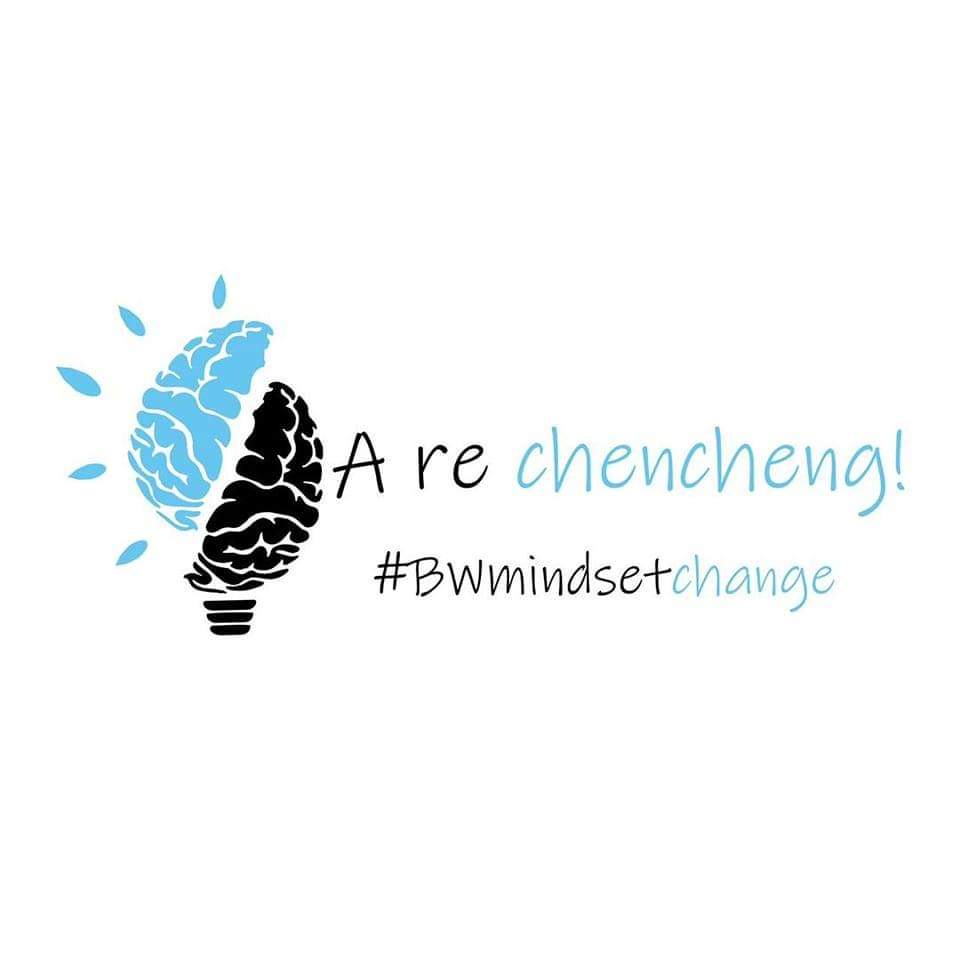On July 20 last year, President Masisi launched the Mindset Change Campaign in Zutshwa, marking a significant initiative aimed at driving societal transformation through a shift in attitudes and perspectives. As the campaign celebrates its anniversary, it is crucial to assess the progress made in altering societal attitudes and to consider additional strategies to address ongoing resistance and ensure sustainable cultural transformation.
Progress Observed
Over the past year, the Mindset Change Campaign has seen notable successes in changing societal attitudes. Public awareness about various social issues, including gender equality, environmental sustainability, and community development, has increased. Educational programs and community workshops have fostered a greater understanding of these issues, contributing to a gradual shift in public perceptions.
Local success stories, including improved community involvement and positive changes in individual behaviors, highlight the campaign’s impact. For instance, increased participation in environmental conservation efforts and enhanced gender inclusivity in local leadership roles reflect the campaign’s influence on societal norms.
Ongoing Challenges
Despite these achievements, resistance remains a challenge. Traditional views and entrenched practices sometimes hinder the adoption of new perspectives. Resistance can also stem from misinformation or lack of awareness, which impedes the campaign’s efforts to achieve comprehensive cultural transformation.
Future Strategies
To overcome these challenges and ensure the campaign’s sustained impact, several strategies could be considered. Strengthening outreach efforts through targeted communication can help address misconceptions and build a broader understanding of the campaign’s goals. Utilizing various media platforms and community leaders can amplify the message.
Involving diverse community stakeholders, including those who are resistant to change, can foster a sense of ownership and collaboration. Engaging influential figures and local organizations in advocacy efforts may facilitate greater acceptance.
Expanding educational programs to include more interactive and practical elements can enhance learning and application. Integrating mindset change principles into school curricula and professional training can embed new perspectives more deeply.
Implementing robust feedback systems to assess public responses and concerns can help tailor strategies to address specific issues and improve the campaign’s effectiveness.
Highlighting and celebrating positive outcomes and success stories can motivate others to embrace change. Recognizing individuals and communities that exemplify the campaign’s values can inspire broader participation.
As the Mindset Change Campaign moves forward, these strategies can help build on the progress made and address the barriers to achieving a more transformative societal shift. Through continued effort and innovation, the campaign aims to foster a more progressive and inclusive society.










